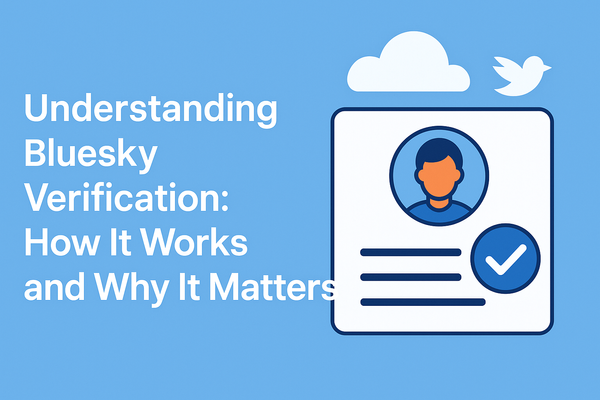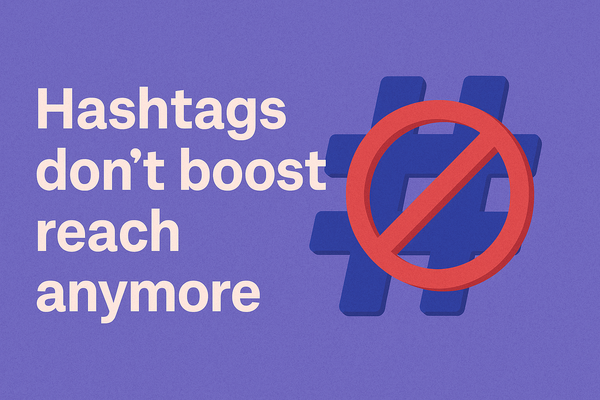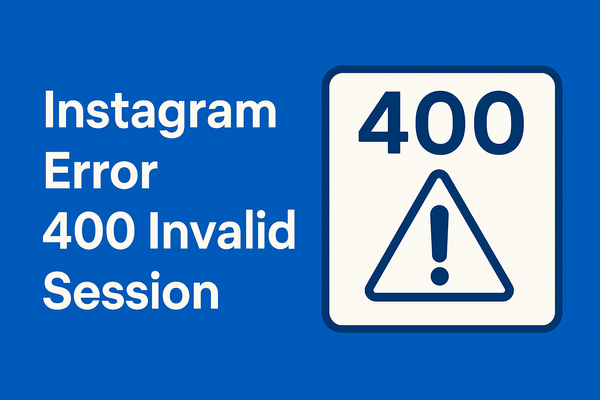Social Media Post Metadata - The Hidden Power of Tags, Descriptions, and More

You might be pleasantly surprised to discover that adding metadata, such as "Alt Text," to your Pinterest posts is now a breeze thanks to Postly. Our latest update not only streamlines the process of adding metadata but also offers the convenience of reviewing the audit trail log for your scheduled and published posts. As part of this update, we've enhanced the visibility of metadata for your posts across all social media platforms.
Now, you might be wondering, "What exactly is Metadata?" and "How does Metadata benefit me?" In this blog post, we aim to answer these questions and provide a deeper understanding.
Understanding Metadata
Metadata can be defined as descriptive information, often referred to as "data about data," that provides additional context and details regarding a specific piece of content. In the context of social media posts, metadata encompasses information such as timestamps, locations, tags, hashtags, and user engagement metrics. Its role is pivotal in enhancing the discoverability, organization, and comprehension of your social media content.
The Relevance of Metadata in Your Social Media Posts
For larger teams and content management, metadata is invaluable in mapping out the digital footprints of your media properties. Crucial data, including the post creator's name, the platforms of publication, subsequent edits, publication date and time, and more, are automatically compiled from every post made using Postly. These details can be conveniently accessed from your dashboard, granting you a comprehensive overview of your content and social media posts.
Metadata holds several key benefits:
- Improved SEO: Enhances discoverability and boosts traffic by optimizing pins with descriptive "Alt Text" on platforms like Pinterest and Google.
- Increased Engagement: Provides additional context, encouraging higher click-through rates through informative Alt Text.
- Enhanced Pin Descriptions: Utilizing metadata fields enables you to provide detailed descriptions that improve search engine rankings.
- Extended Reach: Search engines identify content using "Alt Text" rather than file names, further underscoring the importance of metadata.
- Discoverability: Adding metadata, such as hashtags and keywords, enhances the accessibility of your posts, making them easier for users to find. This broadens your content's reach and visibility, connecting with a wider audience.
- Categorization and Organization: Metadata facilitates efficient organization and categorization of your social media posts, simplifying searches for both you and your audience.
- Context and Relevance: Metadata enriches your posts with context and additional information, ensuring they align with specific topics, events, or trends, thereby making them more relevant and engaging.
- Analytics and Insights: Metadata unlocks advanced social media analytics, offering valuable insights into metrics like engagement rates, reach, impressions, and click-through rates. This analysis can reveal insights into audience behavior and content preferences.
- Targeted Advertising and Personalization: Social media platforms leverage metadata for targeted advertising and personalization, ensuring users receive relevant ads and content based on their location, interests, and other metadata.
- Copyright and Intellectual Property Protection: Metadata plays a crucial role in safeguarding copyright and intellectual property. Adding metadata, including watermarks and copyright information, helps assert ownership and guards against unauthorized use and plagiarism.
How Postly Incorporates Metadata in Social Media Posting
Metadata is just one of the numerous updates and features we've integrated into Postly to ensure it remains user-friendly and provides you with the best possible experience.






